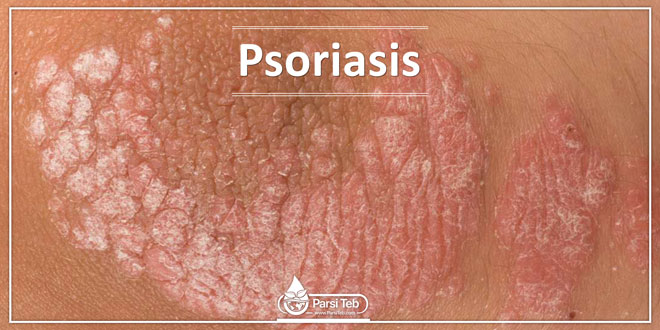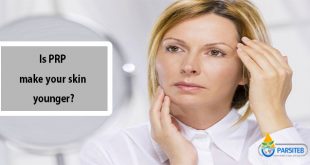Psoriasis Forms, Treatment and Cure. What causes Psoriasis Flare-ups. Diet, Herbal, Cosmetics, Vitamins.
Psoriasis. Sentence or Diagnosis. What is Psoriasis – inherited skin disorder or not?
Psoriasis is a very common chronic skin disease, affecting, accordingly to different sources, 2 – 5% of the world’s population.
Psoriasis may be one of the oldest recorded skin conditions. It was probably first described around 35 AD. Some evidence indicates an even earlier date. Yet, until recently, little was known about psoriasis.
This disorder may affect people of any age, though most commonly begins between ages 15 and 40. About 10% develop psoriasis during childhood; it can begin in infancy too. The earlier the psoriasis appears, the more likely it is to be widespread and recurrent.
The psoriasis is more widely presented in Caucasians and slightly less common in African nations. Worldwide, psoriasis is most common in Scandinavia and other parts of northern Europe. It is far less common among Asians and is rare in Native Americans.
More than 5.5 million adults in the United States have been diagnosed with psoriasis, and approximately 120-150,000 new cases are diagnosed each year.
Psoriasis is neither cancerous nor contagious.
Psoriasis has no gender preference, although some studies show, that more men than women suffer from psoriasis.
There is no sole opinion regarding the origin of the disease. Commonly psoriasis is considered to be an inherited disorder, probably related to an inflammatory response of the immune system accidentally targeting the body’s own cells. About 35% of those with psoriasis have one or more family members with the disorder.
There are several types of psoriasis . Regardless of type, psoriasis usually causes discomfort. Evidence of the condition is most commonly seen on the trunk, elbows, knees, scalp, skin folds, fingernails, but it may affect any or all parts of the skin, including genitals. Even in its mildest form, psoriasis can still cause itching, burning, stinging, and bleeding. In severe cases, the symptoms may keep a person awake at night, and the pain can make everyday life a very unpleasant task.
Depending on how much of the skin is affected, doctors usually classify the disease as mild to severe:
Mild psoriasis – less than 3% of the body surface is affected.
Moderate psoriasis covers 3 – 10% of the skin.
If more than 10% of the body is affected, the disease is considered severe.
Most cases of psoriasis are less than 2% of the skin. Severity of psoriasis itself ranges from one or two flaky inflamed patches to widespread pustular psoriasis that, which in rare cases, can be life threatening.
 Parsi Teb Physical and Mental Health Journal
Parsi Teb Physical and Mental Health Journal 

![RF [Radiofrequency treatment] (Part II)](https://en.parsiteb.com/wp-content/uploads/2019/08/parsi_teb-RF-Radiofrequency_treatment_2-310x165.jpg)

